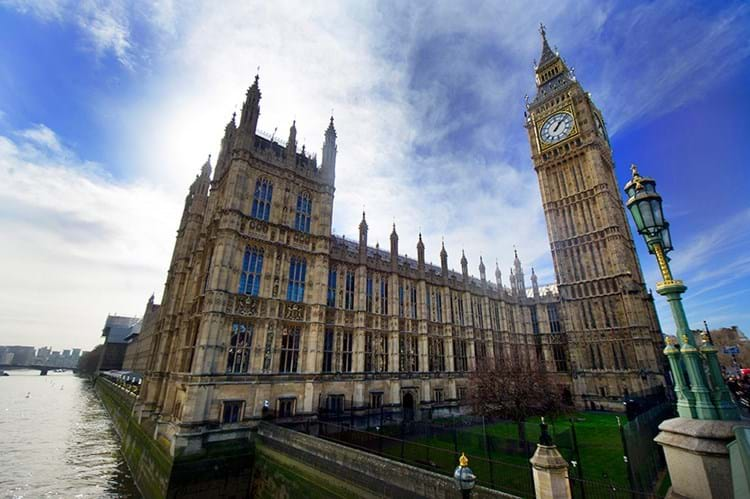The bill's requirement to register antique objects containing less than 10% of ivory (the de minimis rule) was the main focus for criticism by a handful of members during the debate on July 17.
Lord Inglewood, president of the British Art Market Federation (BAMF), said: “What to me is perverse... is the almost kafkaesque process of registration... The registration may well exceed the value of the item in question and the ivory elements of which are of little or no interest to the Asian market—which is, after all, the root cause of the elephant’s plight.
“This bill merits general support but, with a little tweaking, it could become excellent legislation which I could wholeheartedly endorse."
The bill, designed to introduce a near-total ban on the ivory trade, contains a number of exemptions. The majority of Lords backed the bill that passed from the House of Commons to the upper house this month, but concerns largely focused on the 'de minimis' exemption registration process.
"Criminalising innocent people"
Lord De Mauley, chairman of art and antiques dealer group LAPADA, said: “I have grave concerns about the impact of this bill on people who have legally acquired items that will now become valueless, about the unwitting creation of a huge bureaucracy, and about criminalising innocent people.”
He added: “I wonder whether the Government realise just how many such items will feature on this register...I want to make sure that what we enact and put on the statute book is workable and does not collapse under the weight of its own bureaucracy.”
Lord Cormack agreed and said “how difficult it will be to measure the 10% or, in the case of musical instruments, the 20%. This will lead to a bureaucratic minefield if we are not careful.”
"Destruction of historic antiques"
Speaking during the debate, Lord Carrington of Fulham said: “Since the bill already accepts that a vetting panel can identify old ivory from new for the museum exemption and, indeed, would have to for registration purposes, I suggest it would be simpler to extend that to a general licensing system, so that antique ivory can be sold only through authorised dealers and auction houses which can demonstrate to a panel of experts their competence in identifying old from new ivory.
Carrington argued that although the bill is “very worthy but complex”, it will be “hard to enforce”.
He added: “It will lead to the destruction of many historic antiques, arbitrarily stripping the value from items currently legally owned by voters, and encourage the faking of high-value, museum-quality ivory carvings... This bill has all the potential for being another Dangerous Dogs Act. For all its virtue signalling and gesture politics, it will fail to save the life of one single elephant currently roaming the African veldt.”
“Recognising our cultural heritage”
Former British Antique Dealers’ Association (BADA) president Baroness Rawlings said: “Essentially, this is a good bill which has cross-party support, but it could be improved by making certain that it creates the correct balance between recognising our cultural heritage and providing the framework for prohibiting the sale of modern-day ivory in Britain—and of course protecting the elephant.
“It would be perfectly possible to introduce effective amendments without delaying the bill’s passage or in any way watering down the important message it sends out to other countries about the serious attitude we take to elephant poaching.”
The House of Lords committee stage debate will be on held on September 10 and 12 on the floor of the House of Lords.
BAMF’s chairman Anthony Browne said: “Much will depend on the willingness of government to agree to sensible and workable amendments at the committee stage of the bill.”
The environment minister Michael Gove hopes to enact the legislation in October.






